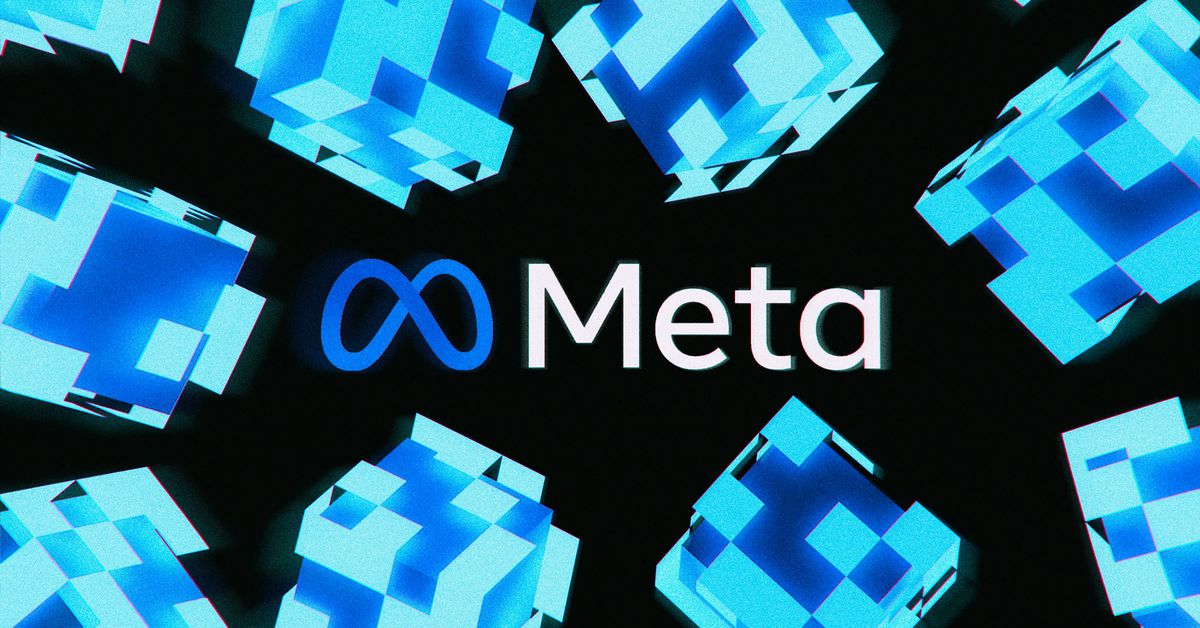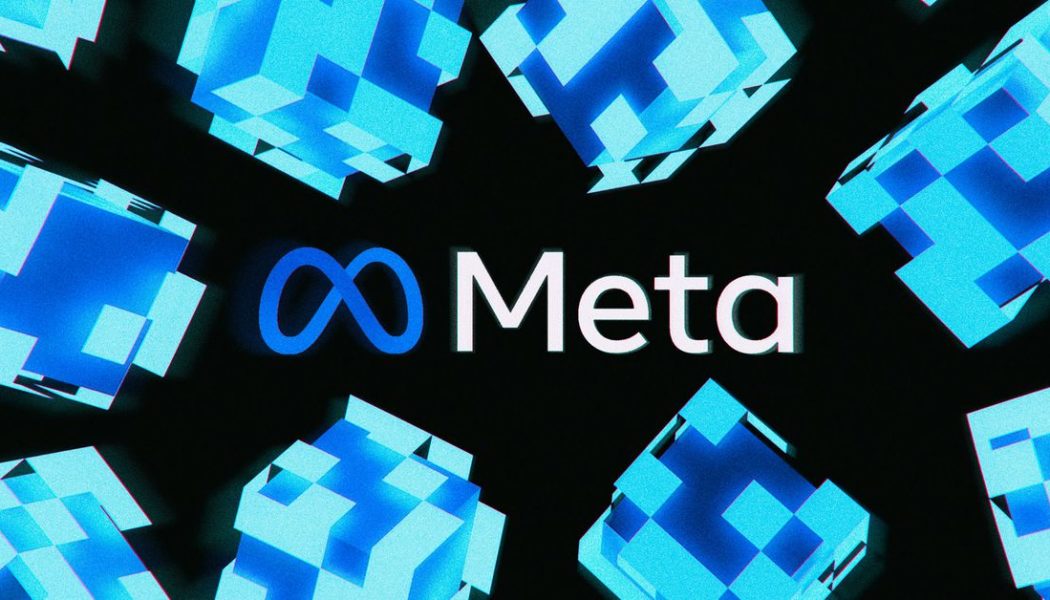
Social media conglomerate Meta is exploring plans to let users create, showcase, and sell NFTs on Facebook and Instagram, according to a report from The Financial Times.
If the company launches such tools, it would be the biggest show of mainstream support for NFTs to date, and help solidify the controversial assets’ place in the digital world.
As per the FT, the plans are “at an early stage and could yet change.” The publication says teams at Facebook and Instagram are “readying” a feature that will let users display NFTs as their profile pictures, as well as working on a prototype to let users mint new NFTs. Others at Meta are reportedly discussing “launching a marketplace for users to buy and sell NFTs.”
Exactly how far along these plans are is impossible to say, but it’s not the first show of interest in NFTs we’ve seen from Meta’s leaders. Instagram chief Adam Mosseri said last December that the company is “actively exploring NFTs and how we can make them more accessible to a wider audience,” while last October Meta CEO Mark Zuckerberg spoke about how the metaverse will need to support “ownership of digital goods or NFTs.”
NFTs, or non-fungible tokens, have been gaining support with other established web platforms in recent months. Twitter is working on ways to showcase such blockchain-supported items, while Reddit launched its own collection of NFT avatars for users.
Although NFTs are much derided for their speculative value (prices rise and fall with shocking speed) and lack of security (they’re frequently stolen despite claims by some that they guarantee ownership), these assets will become more significant if existing tech giants choose to support them.
An NFT is, at heart, a way to claim ownership of a digital item like a JPG or a GIF via a unique address on the blockchain. And despite claims that these assets embody a decentralized forms of ownership, their legitimacy rests upon recognition from existing online platforms. If Twitter or Instagram lets anyone copy and paste your JPG of a smoking chimp, who’s to say who really owns it? But if companies start enforcing ownership rights as signified by NFTs, they could become legitimate digital assets (at least on those platforms).
For Meta, embracing NFTs could also help it wield greater influence in what the company has labelled the metaverse — a nebulous concept of interconnected virtual worlds, similar to promises of VR universes floated in the 1990s and before. That could potentially boost the value and importance of NFTs while simultaneously centralizing control over the assets.









